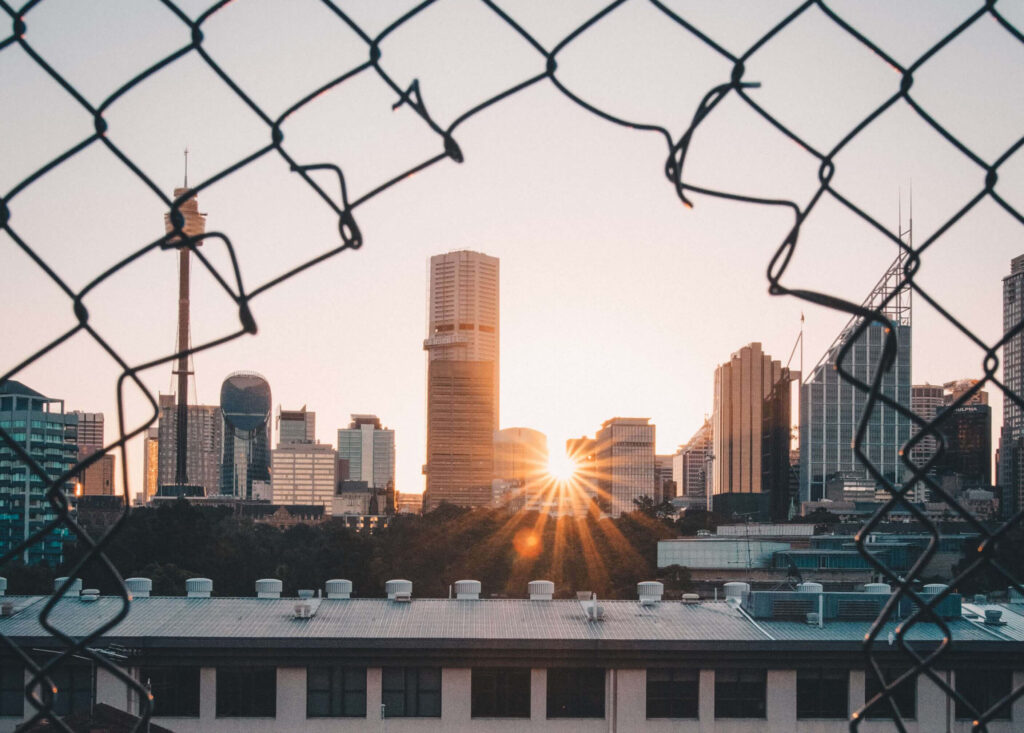
This time last year, the Rand was the world’s best performing currency, today, just 12 months later, it’s the worst.
It’s a demonstration of how fast things can change in a competitive global environment. Investors with better options quickly move money to where it delivers the best, lowest risk returns.
Countries that provide a favourable environment will find it easier to succeed than those that do not. Ratings agencies, which during 2022 looked to be turning less negative on the country, have recently started to turn bearish again. That’s never a positive sign.
S&P Global downgrading it’s view on South Africa this week from “positive” to “stable” expressing the concern: “Reforms to address infrastructure shortfalls and to improve governance and performance at state-owned enterprises (SOEs) are slow, weighing on growth, while contingent liabilities from SOEs pose continued downside risks to South Africa’s fiscal and debt position.”
That’s it in a nutshell.
To be fair, not all of our woes are entirely of our own making – however exacerbating them through poor policy making, inaction and sheer bloody-minded attachments to outdated loyalties is entirely of our own making.
If shooting ourselves in the foot was declared an Olympic sport South Africa would take all the available medals at the next games in Paris in 2024.
The good news is that many of our problems can be quickly managed if we simply made better choices.
Here are some of our most recent gaffes which cumulatively contribute to making an already complex environment even more difficult than it needs to be.
The failure to produce sufficient reliable electricity is, forgive the pun, the biggest single turnoff for investors at present, both locally and internationally. When the platinum sector cannot depend on a state-owned utility after 15 years of shortages to perform the single function for which it was created, you have a problem.
Our choice to host war games with China and Russia off South Africa’s east coast and our refusal to publicly condemn the latter’s unprovoked invasion of Ukraine does little to endear us to our biggest trading partners who, despite their own foibles, are considerably more important to our future than Vladimir Putin’s homeland is ever likely to be.
If we are judged by the company we keep, then we are making terrible choices.
When given the chance to radically alter the trajectory of the country, President Cyril Ramaphosa, ten weeks after his convincing leadership win at the 2022 ANC elective conference, shuffled rather than radically overhauled his cabinet.
Rather than target a leaner more efficient government, he expanded his cabinet to a vast 30 members, with a growing number doing critical jobs are located within the presidency. There is no indication that the strategy will pay off. A year since being appointed to lead a team to slash red tape in government, ex-mining CEO Sipho Nkosi expressed frustration at the complexity of the task.
I have no idea if the new electricity minister will have greater success than the other three ministers who hold sway over the electricity industry have had to date, time will tell. I am not holding my breath.
Doing the same thing over and over and expecting a different outcome is an early sign of insanity, yet that is what we do.
It would have been far more inspiring to bring more private sector thinking into the environment – one of the strongest characteristics demonstrated by private sector founders and CEO’s, is their lack of patience with the status quo.
There is no way any boss of any private sector firm would survive taking 10 weeks to make some fairly obvious and critical management changes as the president has done.
They certainly would not have tolerated the sorts of delays government has overseen on the path to energy security – we are in a globally unprecedented year 15 of load shedding. South Africa is part of the G20 – no other country in that group, nor particularly its voters would tolerate the job-shedding, growth destructive phenomenon that has been part of our lives for as long as the iPhone has been in production.
One critical lesson private business could share with a struggling public sector is this: the right people in the right place at the right time, empowered to make critical decisions with appropriate goals and incentives can solve any problem thrown at them. It’s that simple. But as long as we keep repeating our previous mistakes the worse our outcomes will be.
Expect more private sector intervention in parts of the economy where government is at its weakest – it won’t get the credit but no business can be sustainable in an unsustainable environment. Businesses own battle for survival may very well be the country’s saving grace.



